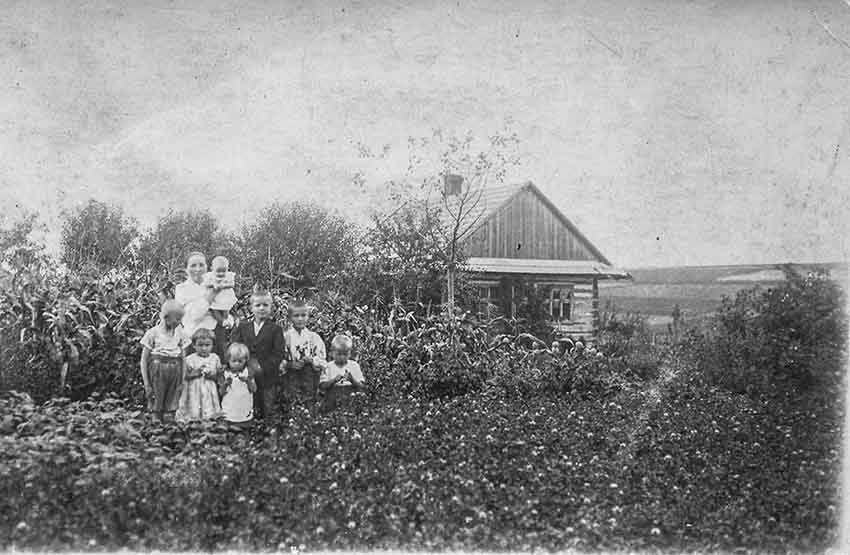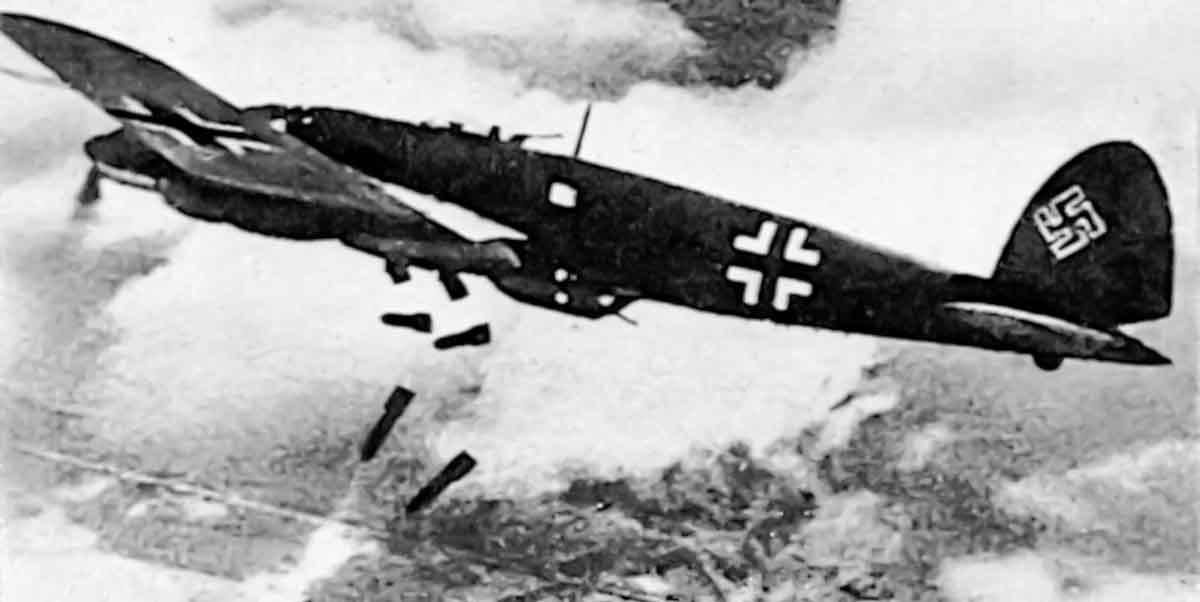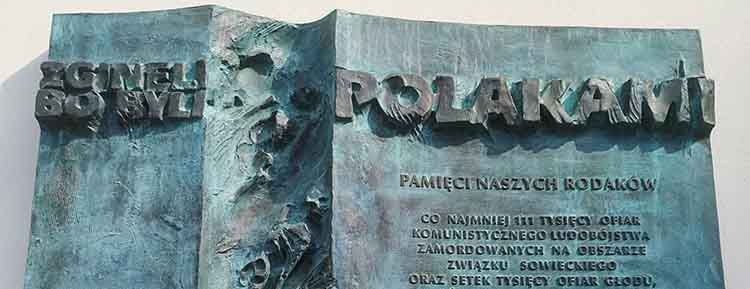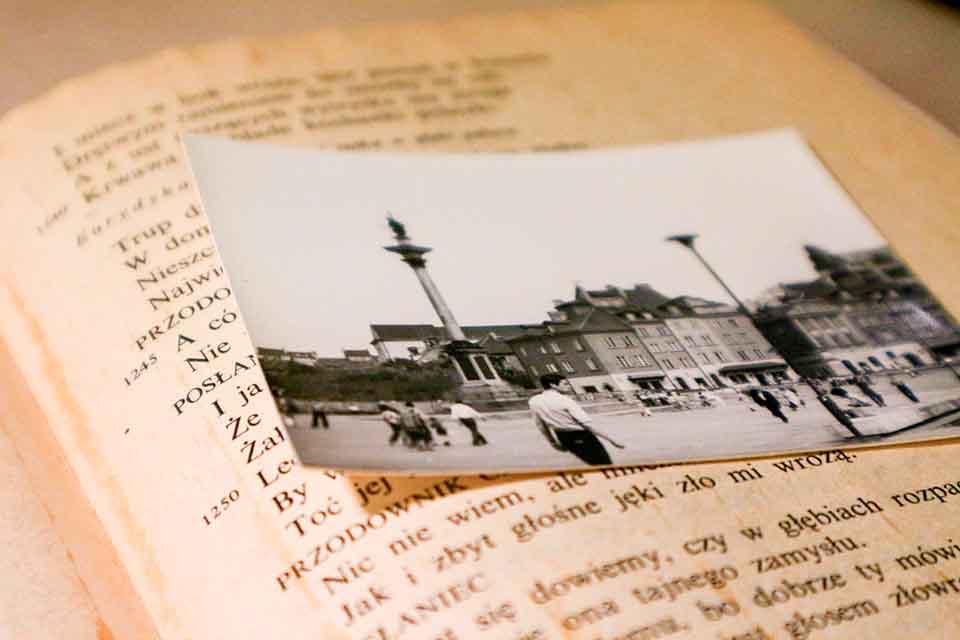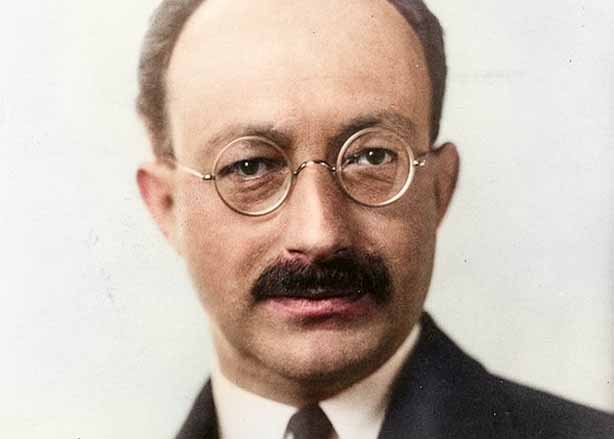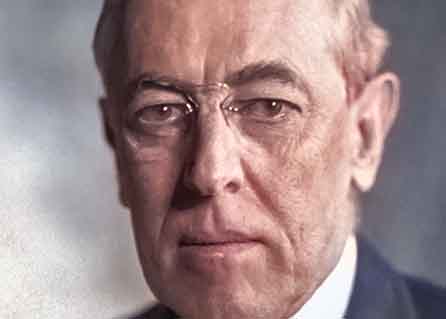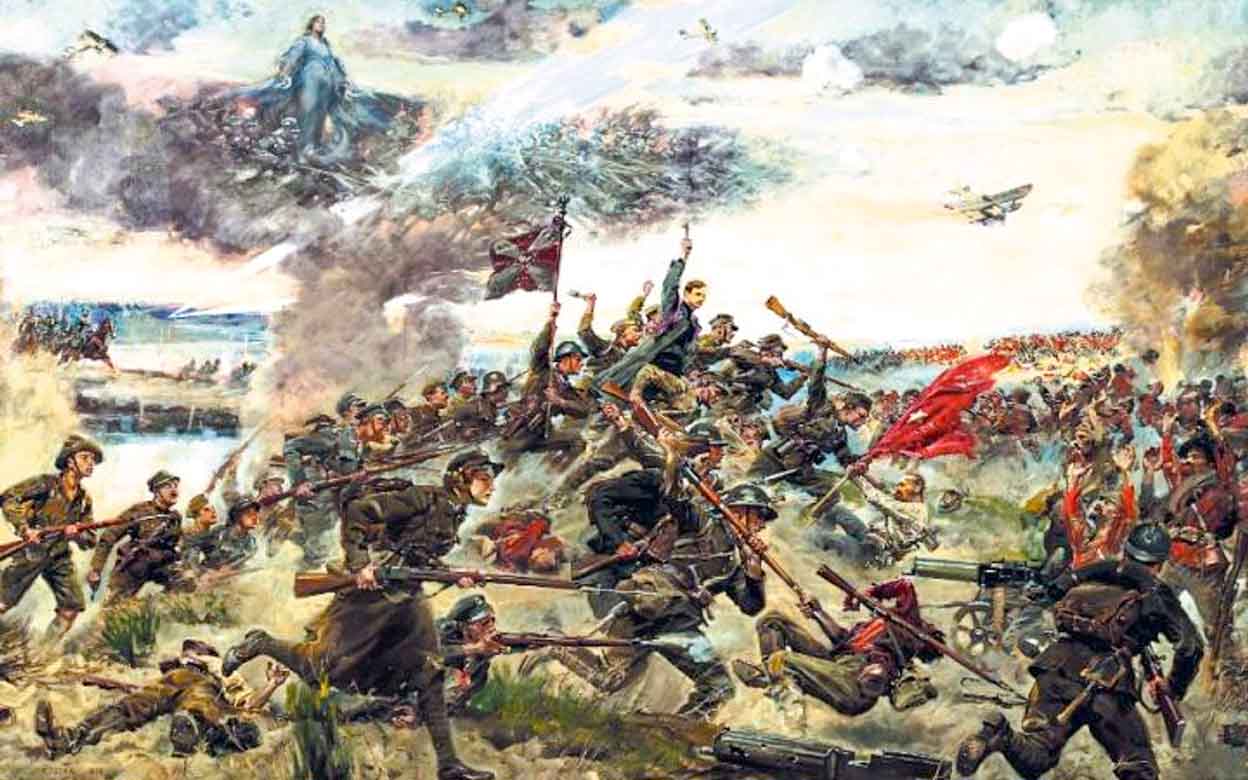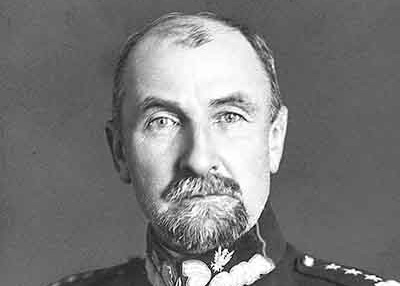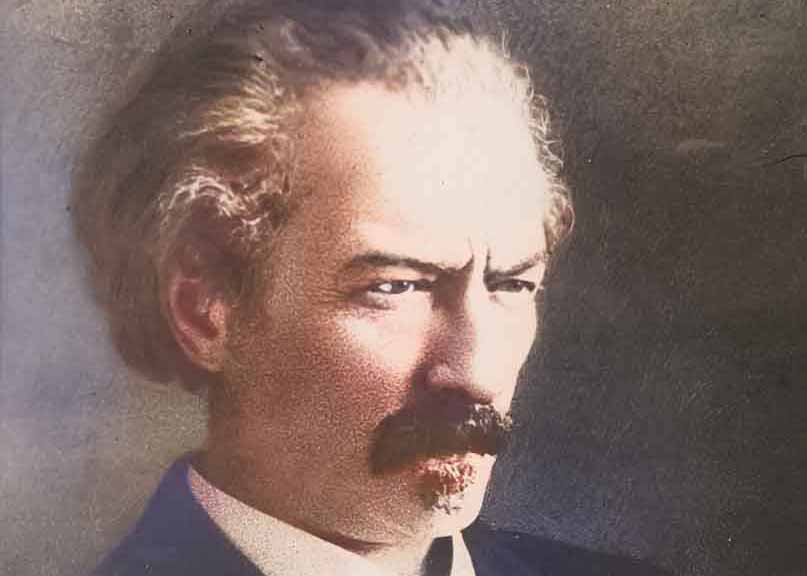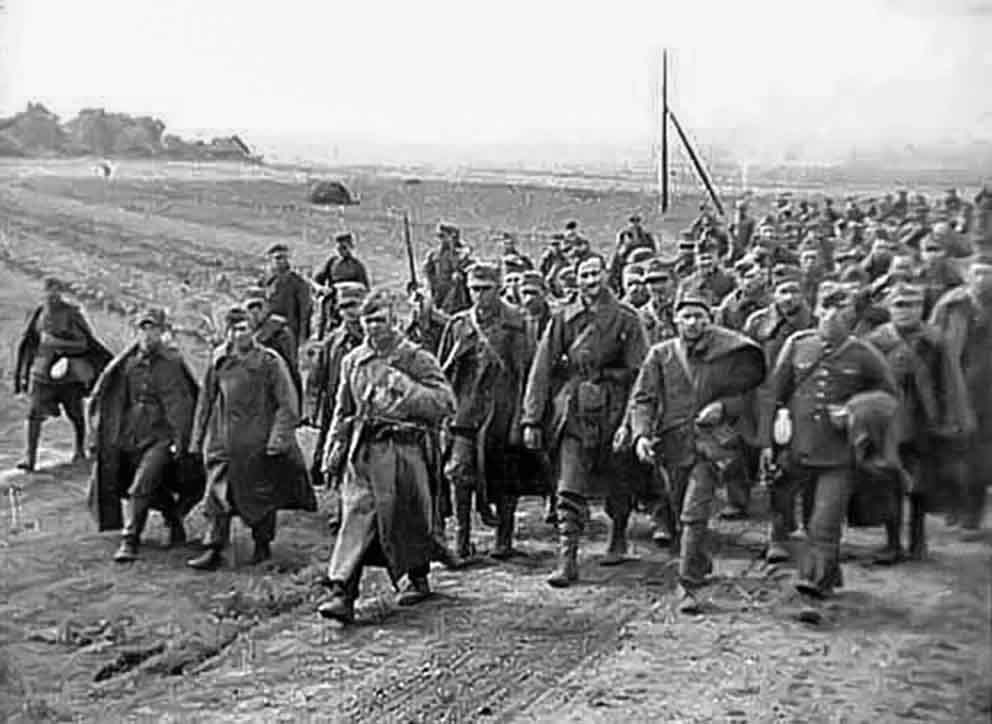The law in German-occupied Poland required that every Jew be handed over to the German authorities. Breaking this law meant a death sentence for the entire family.
Read more... Reading time 5 min.The Polish-German reconciliation has stalled and it is not the fault of the Polish side. For years, the German side did not take any action to commemorate the Polish victims of the Third Reich.
Read more... Reading time 5 min.The “Polish Operation” of the NKVD in 1937–1938 was a genocide that resulted in the death of at least 111,091 innocent people. This event is no less important and no less worth commemorating than the Katyn massacre, or the Volhynia massacre.
Read more... Reading time 12 min.Polish people do not need to be reminded who Jan Nowak Jeziorański was, so I'd rather focus on what this Great Pole said in this article. Jeziorański devotes his entire article to a book by prof. Donald Pienkos "For Your Freedom Through Ours: Polish American Efforts on Poland 's Behalf, 1863-1991"
Read more... Reading time 3 min.Joseph Stalin left behind a sick dream that the state he ruled be great. Stalin's state was a gigantic prison, but this sick dream of greatness still affects the imagination of Russians to this day.
Read more... Reading time 8 min.The dynamics of geopolitical processes, both in Europe and on a global scale, today forces Poles to take a new look at the definition of our raison d'état. Its constituent elements will remain: independence, sovereignty, territorial integrity, state security, maintaining national identity, and connecting Poles in Poland with Polish emigration into a coherent and mutually understanding whole. If we, Poles, do not undertake such a debate today, others will certainly do so. The era of the Tehran-Yalta order is over.
Read more... Reading time 23 min.Dr. Ludwik Rajchman (1884-1965) — a remarkable but lesser-known physician, played a pivotal role in revolutionizing medical practice on a global scale.
Read more... Reading time 4 min.Woodrow Wilson, born in 1856, was an academic-turned-politician who served as the 28th president of the United States from 1913 to 1921. He enjoyed great popularity and was considered a legendary figure in Poland, particularly during the 1920s.
Read more... Reading time 6 min."Miracle on the Vistula" is a term commonly used to refer to the fighting near Warsaw, which took place in August 1920 during the Polish-Russian war. In these fights, Polish troops resisted the Bolshevik forces, which sought to continue their westward expansion in order to spread the communist revolution. In the history of Poland, there are only a few battles so important for the fate of our country and, simultaneously, for the entire world at the time.
Read more... Reading time 33 min.A great patriot, General Tadeusz Jordan Rozwadowski, never sought honors or fame, because deeds were most important to him, and it is through them that all his greatness is revealed.
Read more... Reading time 7 min.Paderewski was deliberately forgotten by the ruling camp in the interwar period, and after the war, actively suppressed by the communists. Also today, there is a lot of incorrect or incomplete information about him on the Internet. To this day, there is no complete, objective monograph of him.
Read more... Reading time 18 min.Wojciech Materski
Although Russia has officially acknowledged the perpetration of the Katyn massacre, this truth is virtually absent from Russian historiography today. For it does not fit into the myth of the great victory of the war, any more than the Hitler-Stalin pact of 1939, the mass deportations, the enslavement of the Baltic republics, or the colossal scale of the Red Army's marauding in the final phase of the Second World War.
Read more...


